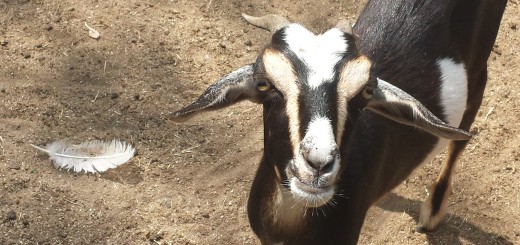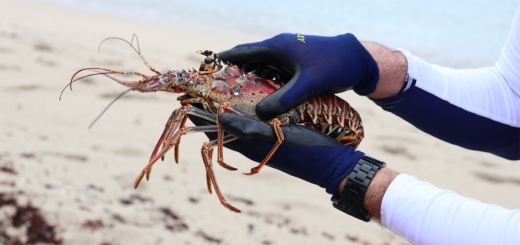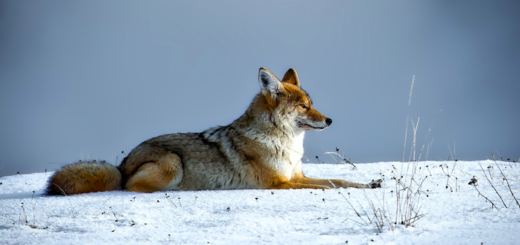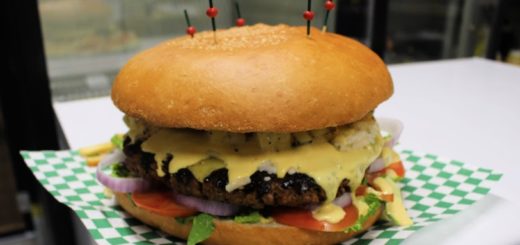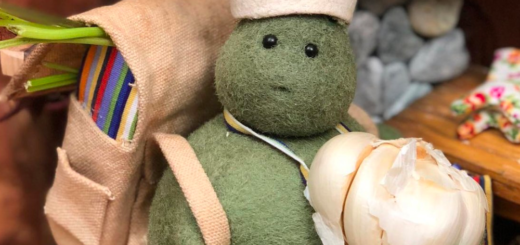New Study Suggests Animals Are Self-Aware
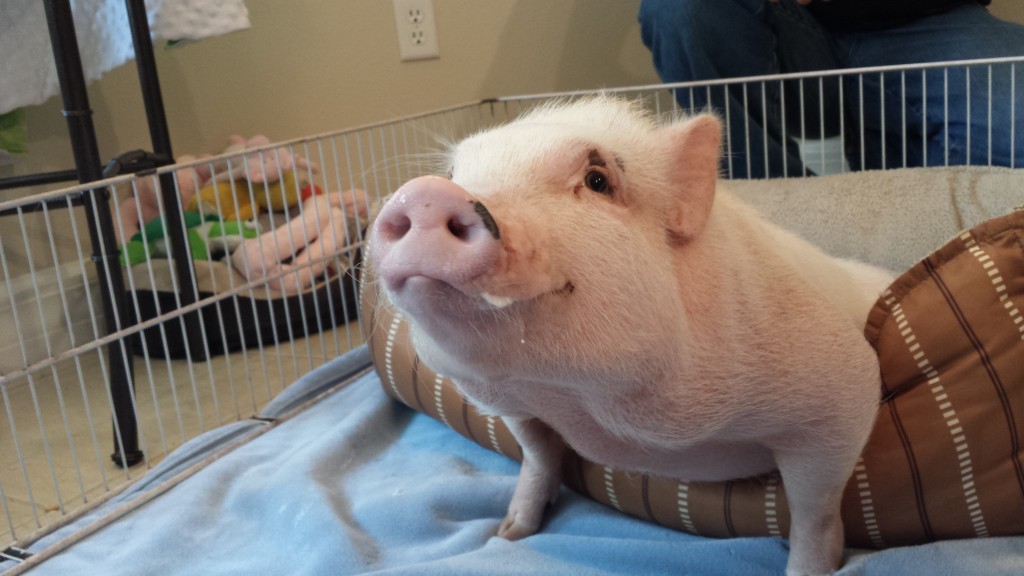 The idea that non-human animals aren’t intelligent, emotional or self-aware has long been used as an excuse for their exploitation. Those prejudices are rapidly breaking down in the face of a growing body of scientific evidence, however.
The idea that non-human animals aren’t intelligent, emotional or self-aware has long been used as an excuse for their exploitation. Those prejudices are rapidly breaking down in the face of a growing body of scientific evidence, however.
A new study out of the University of Warwick has demonstrated that humans are unlikely to be the only animals capable of self-awareness.
“The study answers a very old question: do animals have a sense of self? Our first aim was to understand the recent neural evidence that animals can project themselves into the future. What we wound up understanding is that, in order to do so, they must have a primal sense of self,” said Professor Hills, study co-author from the school’s Department of Psychology.
The researchers were reportedly inspired by mice in the maze navigation experiments of the 1950s. Because these mice paused before making a decision, scientists realized they were engaging in “choice points,” or moments of deliberation about the future.
“The data we focus on stems from studies on the hippocampus in mice and rats. Fish, birds, and mammals all have regions of neural tissue that appear homologous to the hippocampus, thus allowing us to infer a shared evolutionary descent,” Hills tells Latest Vegan News. “These tissues also serve similar functions governing spatial cognition across these species. However, it is a bit too early to tell which animals can imagine themselves taking actions in the future. We know that rats and mice can, and this—according to our argument—requires self-awareness. If fish and birds can do the same, then they too must have some level of primal self-consciousness.”
This study comes on the heels of the case of Hercules and Leo, two research chimps being held at Stony Brook University in New York. The Nonhuman Rights Project is arguing for a writ of habeas corpus, which would essentially recognize the chimps as legal persons and set a groundbreaking legal standard.
How this research will affect the field of animal rights has yet to be determined.
“These are moral issues and we know from history that moral boundaries often move in response to economic whim (e.g., the Islamic double sale). However, it probably will mean something,” says Hill.
“Humans have a curious way of feeling empathy for others when they think they can take their perspective. Knowledge that an animal is more than a Cartesian automaton, that it is an individual with a point of view, possibly with a sense of self-identity, brings it dangerously close to how we view ourselves.”
Follow Latest Vegan News on Facebook, on Twitter @LatestVeganNews, and Google+ , and sign up to receive our daily headlines in your inbox here.

